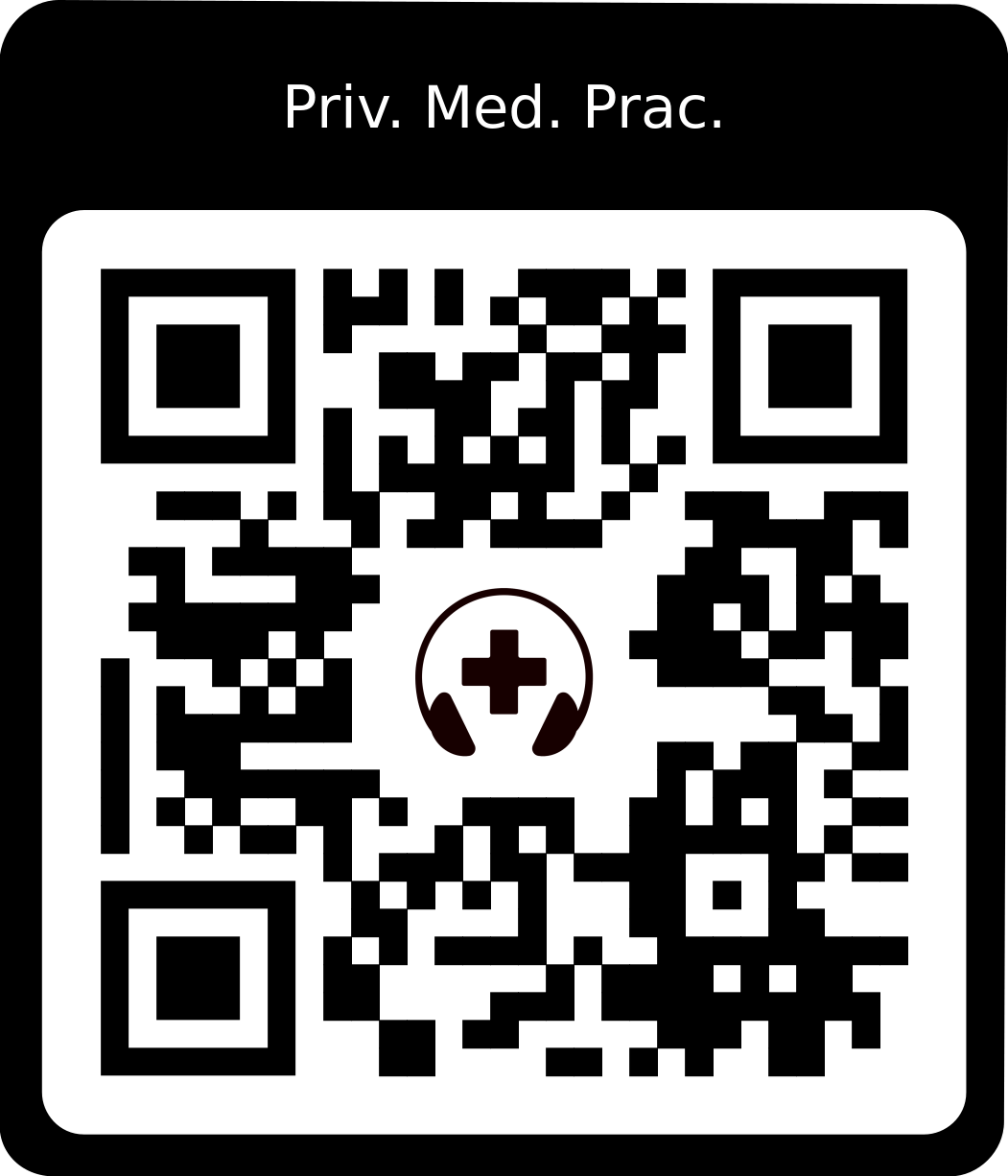Episode 43: Understand The No Surprises Act or Be Prepared to Lose Money
If you are an out-of-network provider for an insurance company you may perceive that you can get better reimbursement–in large part because, in some states, you can balance bill the patient.
But all of that's about to change. When the No Surprises Act, a federal law, goes into effect on Jan 1, 2022, you'll no longer be allowed to balance bill. But that's not all. This law, as the name states, is meant to protect consumers from the cost of unanticipated out-of-network medical bills.
The No Surprises Act extends to most out-of-network providers.
Under the new law, if you're an out-of-network provider, you can't bill patients more than in-network cost-sharing amounts. While the No Surprises Act only holds the patient responsible for their in-network cost-sharing amount, you'll have the opportunity to negotiate reimbursement with insurers through an arbitration process.
With arbitration, both the provider and the insurance company submit an amount to be paid to an independent arbitrator. The independent arbitrator chooses one payment or the other with no ability to split the difference. The party whose offer is not chosen is responsible for the costs of arbitration.
What this does is put the burden on you, the out-of-network provider to determine a patient’s insurance status and the applicable in-network cost-sharing for the surprise medical bill. This means that your staff and billing folks are going to have to do more work to potentially get no more than if you are in-network. You will want to carefully monitor changes in reimbursement and changes in expense required to collect that reimbursement.
You can be out-of-network and get around this by providing the patient with written notice that you are out-of-network, disclose the charges and obtain consent at least 72 hours in advance of the appointment.
How to deal with the No Surprises Act:
- Review your process for eligibility and insurance verification.
- Provide a timely Advanced EOB notification to the patient and include:
- Good-faith estimates of:
- costs based on the codes you expect to use
- what the insurance company is responsible for paying
- cost-sharing –basically what you expect that the patient’s responsibility is
- the amount the patient has met towards out-of-pocket maximum and deductible
- A disclaimer that coverage is subject to medical management requirements
- A disclaimer that the information is only an estimate and may be subject to change
- Good-faith estimates of:
- Review your contracts. Decide whether you want to go in-network and negotiate your rates.
In order to not be surprised by the No Surprises Act you need to prepare now.
Join me in The Private Medical Practice Academy membership to learn more about how you can maximize your practice's profitability.
For a full searchable copy of the transcript, https://www.thepracticebuildingmd.com/podcast
If you'd like to hear more tips on how to start, run and grow your practice and related medical businesses, please sign up for my newsletterat https://www.thepracticebuildingmd.com.
Be sure to join my FB group, The Private Medical Practice Academy to be part of a community interested in starting, running and growing their private medical practices and leveraging them into multiple revenue streams.


































